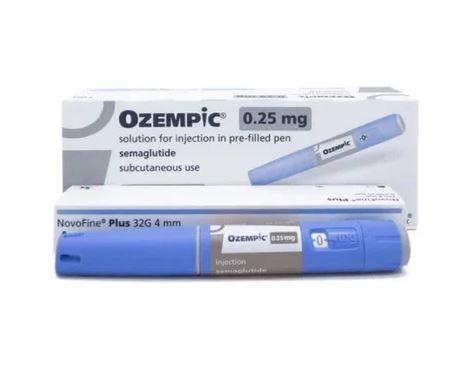(Sertraline) Zoloft Withdrawal / (Sertraline) Zoloft Detox
Zoloft withdrawal symptoms commonly called “discontinuation symptoms” or Zoloft detox, can occur when the medication is stopped suddenly. These symptoms may include dizziness, nausea, headaches, anxiety, and flu-like symptoms. It is recommended that medication be gradually reduced when it is time to stop taking it.
Zoloft (Sertraline) is an antidepressant in a class of medications called Selective Serotonin Reuptake Inhibitors (SSRIs).
Serious (Sertraline) Zoloft Withdrawal Symptoms
Discontinuing a medication like Zoloft can also cause more severe symptoms like mood changes, worsening depression or anxiety, changes in behavior, seeing or hearing things that aren’t there, or suicidal thoughts. It is critical to discuss any withdrawal symptoms during a Zoloft detox with a doctor and not simply stop taking the medication without the doctor’s advice. The doctor may be able to recommend an appropriate tapering schedule or other strategies to reduce the risk of discontinuation symptoms.
Zoloft Withdrawal Symptoms Dangers & Warnings
Zoloft (sertraline) Withdrawal symptoms, commonly called “discontinuation symptoms,” can occur when the medication is stopped suddenly. These symptoms may include dizziness, nausea, headaches, anxiety, and flu-like symptoms. It is recommended that medication be gradually reduced when it is time to stop taking it.
Zoloft abuse can lead to habit-forming dependence and addiction. Many drugs that fall into the SSRI classification are not addictive. However, Zoloft abuse studies have shown the opposite with this particular medication.
In most cases, prescription pill addictions develop because the patient taking them chooses to abuse them, but that’s not always the case. For instance, someone abusing Zoloft may take more significant amounts of the drug more often or crush the tablets and snort them instead of taking them orally.
Given that, it is possible to develop a tolerance to Zoloft, leading to an increased dosage taken (either by the doctor or the patient). As a result, users may increase how much or how often they take Zoloft frequently, and once that occurs, stopping it results in Zoloft withdrawal, which can last a long time.
Users experience withdrawal symptoms of Zoloft once they try to stop taking Zoloft. Zoloft’s withdrawals can be harmful even when the medication has been tapered down.
Zoloft Withdrawal Timeline
Generally, Zoloft detox will exacerbate Zoloft withdrawal symptoms. Withdrawal symptoms from Zoloft will eventually subside within a month, although some people may endure experiencing Zoloft withdrawal symptoms for upwards of 90 days. Elongated Zoloft withdrawals are identified as post-acute Zoloft withdrawals.
The severity and span of Zoloft withdrawal symptoms will differ on a case-by-case basis depending on how long you used the drug, dosage, and several biological factors, so there is no dedicated timeline for Zoloft withdrawal. Depending on the abovementioned determinants, you may take a long week or more to complete the Zoloft detox for the withdrawal symptoms to disappear.
After you’ve completed a detox program for Zoloft addiction, you may advance your treatment with a long-term rehab program. Moreover, continuing your addiction treatment after detox can help you address the psychological problems related to your addiction and pinpoint the leading causes of your addictive behaviors.
What is the duration of withdrawal from Zoloft for those who are tapering off? Based on the length of use, dosage, user physiology, and time taken to taper off, sertraline withdrawal symptoms can vary in intensity and duration. The symptoms can be lessened or entirely avoided by gradually weaning off Zoloft under a doctor’s supervision. Typically, sertraline is tapered off over four weeks. Under a sample taper schedule, reduce the dose by 50 mg every 5-7 days for 25–50 mg before stopping the medication.
How long does Zoloft withdrawal last?
If you wonder, “how long do Zoloft withdrawals last?” People may have discontinuation symptoms while weaning off Zoloft for up to 3 weeks. Some symptoms may linger after discontinuing antidepressants for up to 6 weeks; on rare occasions, they may last up to a year. Always consult a physician about any new symptoms you experience when stopping an antidepressant.
What Is Zoloft, Sertraline, Or Clonazepam?
Sertraline, sold under the brand name Zoloft, is an antidepressant known as a selective serotonin reuptake inhibitor (SSRI). It’s often used to treat depression and sometimes panic attacks, obsessive-compulsive disorder (OCD), and post-traumatic stress disorder (PTSD).
Zoloft has been very useful in helping individuals to manage their thought patterns. It’s also helped to improve many people’s energy and appetite levels. In addition, those who take it often experience better sleep. Zoloft was one of the most prescribed antidepressants by 2011, and it was presented as an option for those suffering from mental disorders in 1991.
Is Zoloft addictive? Zoloft is a popular antidepressant, but it can pose risks and be addictive. If you are addicted to this drug, a medical Zoloft detox program may assist and support you need to successfully wean yourself off the medication and learn to function without it daily.
Those taking sertraline should continue their regular prescribed dosage, even if they feel better. Missing doses of sertraline can also run the risk of relapsing into the symptoms being treated in the first place. However, if your doctor recommends discontinuing taking the drug, it’s important to wean off Zoloft mindfully to mitigate any withdrawal symptoms and side effects.
Zoloft Overdose Symptoms
Since Zoloft is so effective for anxiety, panic attacks, or stress-related disorders, it is frequently prescribed for long-term use. Due to long-term use, Zoloft abuse can become habit-forming. Unfortunately, users addicted to the drug might experience a dangerous overdose.
The most common symptoms of a Zoloft overdose include nausea, tremors, lethargy, agitation, confusion, and vomiting. If you have taken Zoloft excessively, contact Poison Control and seek emergency care immediately to avoid serious side effects like an overdose.
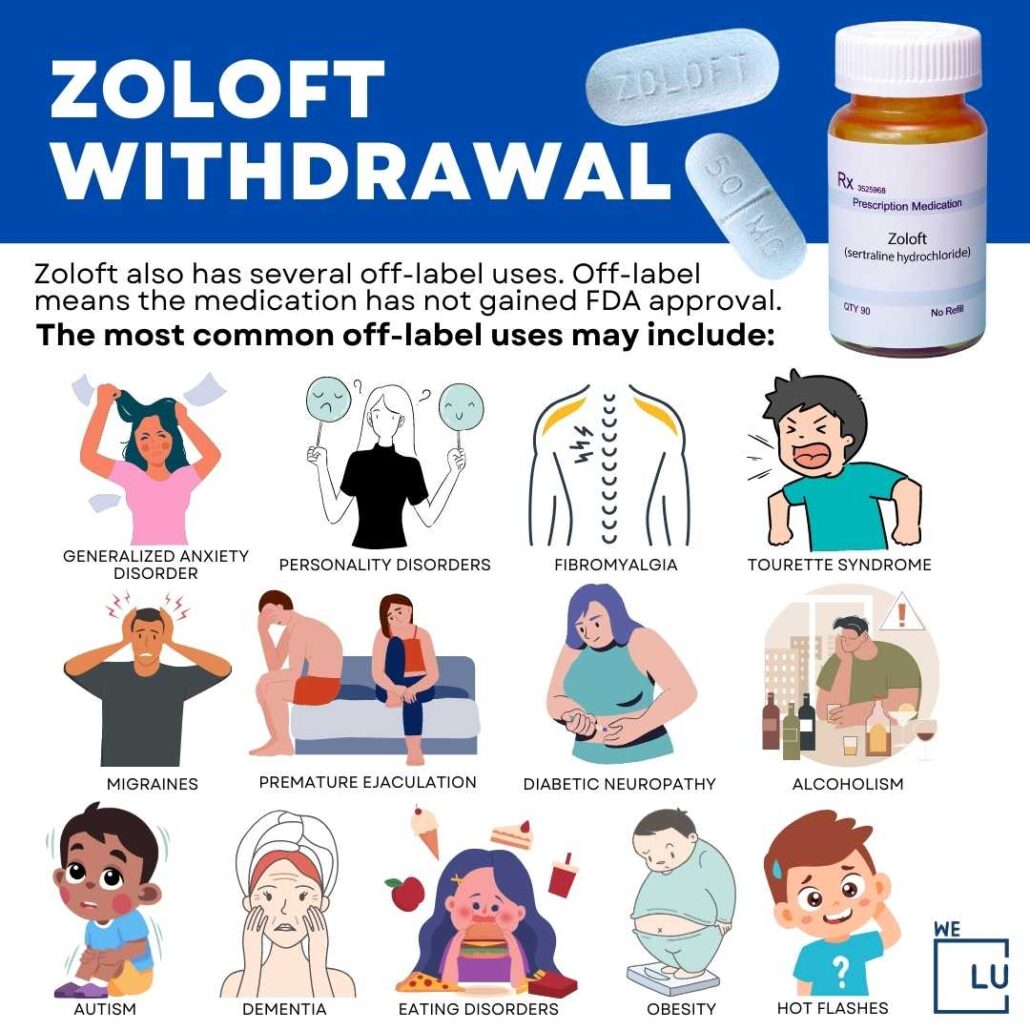
Zoloft Pill Images
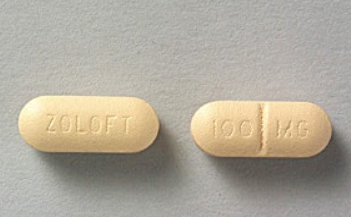
During a professional Zoloft detox program, your doctor may gradually reduce your dose of Zoloft or switch you to a different antidepressant with fewer side effects. They may also prescribe medications to ease Zoloft’s detox process. Additionally, doctors may recommend counseling and lifestyle changes to help manage Zoloft withdrawal symptoms.
Skip To
Learn more:
Symptoms of Zoloft Overdose Include:
- Drowsiness
- Agitation
- Hallucinations
- Fever
- Sweating
- Confusion
- Fast heartbeat
- Shivering
- Severe Muscle Stiffness or twitching
- Nausea
- Loss of coordination
- Vomiting
- Diarrhea
- Tiredness
- Dizziness
- Mania
- Seizures
- Loss of consciousness
Is it normal to experience Zoloft withdrawal dizziness?
Most people who withdraw from Zoloft report mild to severe symptoms, which can often feel like an abrupt drop in serotonin. You can feel queasy, have headaches, be lightheaded, and be irritable. There are differences in the degree of the symptoms and how long they will remain.
Is it common to experience Zoloft withdrawal diarrhea?
Although these signs might be typical, SSRI Sertraline withdrawal can impact many bodily systems. The spectrum of possible Sertraline withdrawal signs may include appetite loss, cramps, diarrhea, nausea, and vomiting.
Ask Dr. Al: How To Overcome Zoloft Withdrawal? A Patient Recovery Story
Overcoming Zoloft withdrawal, like discontinuing any antidepressant medication, requires careful management and support. First and foremost, it’s crucial to consult with a healthcare professional before making any changes to your medication regimen. They can guide you on the best approach for tapering off Zoloft gradually to minimize withdrawal symptoms. Maintaining a healthy lifestyle is essential during this process, including regular exercise, a balanced diet, and adequate sleep. Staying connected with friends and family for emotional support can also help you cope with the emotional aspects of withdrawal. If withdrawal symptoms become too severe, your healthcare provider may consider other treatment options or adjustments to ease the transition. Patience and professional guidance are essential to successfully overcoming Zoloft withdrawal.
Zoloft Detox Recovery Story Inspired By True Events
Dr. Al and We Level Up Zoloft detox treatment team played a crucial role in helping his patient, who we will name John Doe, recover from the challenges associated with Zoloft, a medication commonly used to treat depression and anxiety. John Doe had been struggling with adverse side effects and a lack of improvement in their condition while taking Zoloft. Dr. Al and his team began by carefully listening to John Doe’s concerns and thoroughly assessing their medical history. After determining that Zoloft might not be the right fit for this particular individual, he decided to taper off the medication under close supervision.
Dr. Al and We Level Up then explored alternative treatment options, such as psychotherapy and lifestyle adjustments, to address John Doe’s underlying issues. By providing empathetic and personalized care, he helped John Doe manage their symptoms effectively and regain a sense of well-being. Through ongoing monitoring, adjustments to the treatment plan, and open communication, Dr. Al and his team guided John Doe towards a successful recovery journey, ultimately finding a more suitable and effective treatment for their needs. This collaborative approach between John Doe, Dr. Al, and his team exemplified the importance of individualized care in mental health.
Dr. Al and We Level Up’s dedication to John Doe’s well-being extended beyond the initial diagnosis and treatment adjustment. They recognized the significance of a holistic approach to mental health recovery and encouraged patients to make positive changes in their daily lives. Together, they developed coping strategies, such as stress management techniques and incorporating regular exercise and a balanced diet into the patient’s routine.
Furthermore, Dr. Al and We Level Up emphasized the importance of ongoing therapy to address the root causes of the patient’s depression and anxiety. Through cognitive-behavioral therapy and supportive counseling, they delved into John Doe’s emotions, thoughts, and behaviors, helping them build resilience and better understand their condition. This therapeutic journey empowered John Doe to regain control over their mental health and gradually reduce their reliance on medication.
As a result of Dr. Al and We Level Up’s comprehensive and compassionate care, John Doe not only overcame the difficulties associated with Zoloft but also achieved a significant improvement in their mental health. Their success story highlighted the importance of a patient-centered approach to mental health treatment and the profound impact of a caring and dedicated healthcare professional like Dr. Al.
With over 15 years of expertise in behavioral health, Dr. Al has dedicated his career to transforming lives. He, his team, plus the We Level Up treatment center network have successfully guided countless patients through the most daunting obstacles they have ever encountered. Join Dr. Al and We Level Up on a journey toward healing and triumph. Learn more about Dr. Al here.

Zoloft Withdrawals Drug Facts
Also known as Sertraline
Sertraline is a type of medication known as a selective serotonin reuptake inhibitor (SSRI) and is used to treat depression, anxiety disorders, obsessive-compulsive disorder, and other conditions. When a person stops taking Sertraline after using it for an extended period, they may experience Sertraline withdrawal symptoms .
Is Zoloft A Selective Serotonin Reuptake Inhibitor (SSRI)?
Yes, it can treat anxiety disorders like social phobias and panic attacks as well as depression, obsessive-compulsive disorder (OCD), PTSD, premenstrual dysphoric disorder (PMDD), and panic disorder.
Zoloft Availability
A prescription is required to receive Zoloft.
Zoloft & Alcohol
Please avoid mixing Zoloft and alcohol since they can create dangerous interactions.
Sertraline Withdrawal Warnings
If you are planning to stop taking sertraline, it is essential to speak with your healthcare provider first. They may recommend slowly tapering off the medication over several weeks or months to minimize the risk of withdrawal symptoms.
Sometimes, they prescribe other medications or therapies to manage Sertraline withdrawal symptoms. It is not recommended to stop taking sertraline or any other medicines abruptly without first consulting with a healthcare provider, as sudden Sertraline withdrawal can increase the risk of severe Sertraline withdrawal symptoms and potential complications,
Zoloft Brand Names
Brand names include Zoloft and Sertraline.
Zoloft & Pregnancy
Consult a medical professional before taking Zoloft while pregnant.
Sertraline Withdrawal Symptoms
Symptoms of Sertraline withdrawal can vary depending on various factors, such as the dose, how long the medication has been used, and the individual’s sensitivity to the drug. Some common Sertraline withdrawal symptoms include:
- Dizziness or lightheadedness
- Nausea or vomiting
- Headaches
- Fatigue
- Diarrhea or constipation
- Flu-like symptoms such as sweating or chills
- Anxiety or irritability
- Sleep disturbances, such as insomnia or vivid dreams
- Electrical zaps or tingling sensations in the body
- Mood swings or emotional instability
It is important to note that not everyone who stops taking sertraline will experience withdrawal symptoms. The severity and duration of withdrawal symptoms can vary significantly among individuals.
Zoloft Addiction Statistics
According to the National Institute on Drug Abuse, approximately 7% of American adults have misused Zoloft in their lifetime. In 2017, an estimated 1.5 million people reported misusing the drug. Also, in 2015, it was found that nearly 5,000 emergency room visits were related to Zoloft misuse.
Antidepressants, including Zoloft, are a typical treatment for depression and psychotherapy. When taking the first antidepressant, four out of ten patients experience improvement. The second or third antidepressant drug is frequently prescribed if the first one doesn’t work. Eventually, most people discover one that suits them. However, experts say that many people who could benefit from antidepressants never try one, frequently out of apprehension.
24.3%
For both sexes, the overall rate of antidepressant use increased with age; the rate was highest among women 60 and older (24.3%).
Source: CDC
7.2%
An estimated 7.2% of adult Americans in 2018 experienced a major depressive episode.
Source: CDC
13.2%
13.2% of adults 18 and older used antidepressants between 2015 and 2018.
Source: CDC

Get Your Life Back
Find Hope & Recovery. Get Safe Comfortable Detox, Addiction Rehab & Mental Health Dual Diagnosis High-Quality Care at the We Level Up Treatment Centers Network.
Hotline (877) 378-4154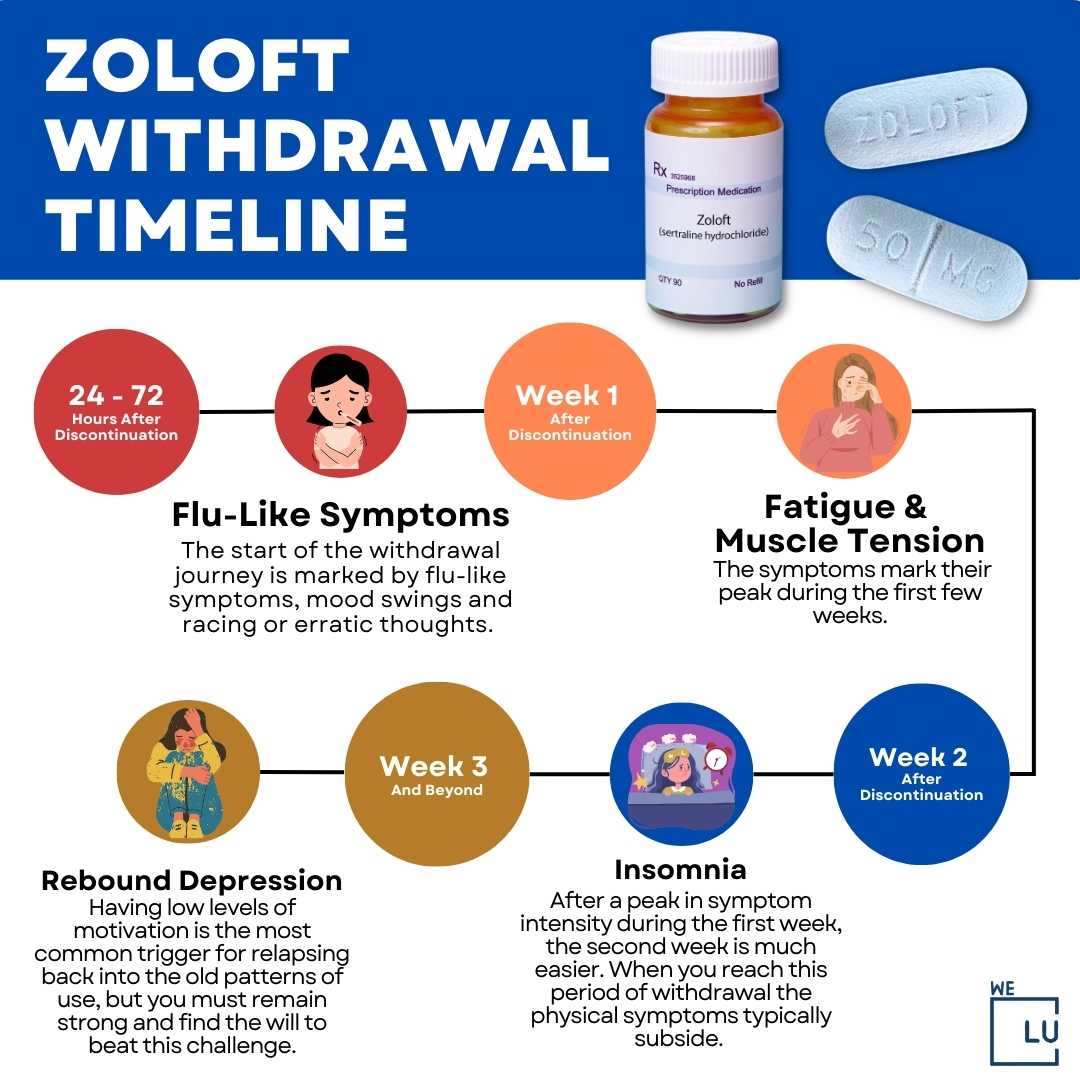
Managing Zoloft Detox Withdrawal Symptoms
Managing and controlling withdrawal symptoms will be most successful when Sertraline dosage is gradually decreased. Your brain can gradually adjust to lower doses of sertraline and eventually to no medication by gradually reducing the dosage.
Having a clear understanding of the symptoms to expect will also aid in managing withdrawal. Knowing that many symptoms are common will help you deal with them mentally by lowering your anxiety about them.
Sertraline’s psychological withdrawal symptoms should be managed generally with talk and non-drug therapies.
Exercise could also be beneficial. It is well known that exercise enhances both physical and mental wellness.
A balanced diet may also be beneficial. Consume healthy, whole foods instead of foods like caffeine and sweets known to make people jittery. A nutrient-rich, balanced diet may help address Sertraline withdrawal’s physiological and psychological effects.
What is Zoloft withdrawal brain zaps? Or Zoloft detox brain zaps?
One of the most frequently reported side effects of stopping Zoloft is brain zaps. Brain zaps, a common Sertraline withdrawal symptom for most antidepressants, feel like electric shocks running through the brain, head, and neck.
Zoloft Overdose Toxicity
In 2017, an SSRI was mentioned in 57,254 single-substance toxic exposures reported to United States poison centers, with 167 significant outcomes and only five fatalities. [1] To emphasize, the incidence of SSRI ingestions has steadily increased and mirrors the increase in SSRI prescriptions.
Isolated SSRI ingestions generally produce mild withdrawal from Zoloft symptoms, although SSRI intoxication can infrequently have serotonin syndrome, seizures, central nervous system (CNS) depression, or cardiac abnormalities.
The toxicity of this drug may contribute to acute SSRI overdose. In addition, Sertraline toxicity may occur in serotonin syndrome, resulting in dangerous health risks.
Zoloft Detox Can Help Avoid The Following Risks:
- Myoclonus: A quick, involuntary muscle jerk.
- Muscle Rigidity: The inability of the muscles to relax usually. The condition can affect any of the muscles in the body, causing sharp pain that makes it difficult to move.
- Diaphoresis: Excessive, abnormal sweating
- Tremor: An involuntary quivering movement
- Hyperreflexia: An exaggerated response of the deep tendon reflexes, usually resulting from injury to the central nervous system
- Agitated Delirium: A controversial syndrome sometimes characterized as a potentially fatal state of extreme agitation and delirium
- Hyperthermia: The body temperature is exceedingly above normal.
Treatment of serotonin syndrome requires discontinuing the medication and supportive care. Consider antiemetics (non-serotonergic), benzodiazepines, and standard cooling measures for symptom relief. The patient can also receive serotonin antagonists such as cyproheptadine.
If severe toxicity and the patient develops muscular rigidity and hyperthermia with body temperatures higher than 41 degrees C, consider sedation, endotracheal intubation, external cooling, and neuromuscular paralysis. Above all, it is crucial to note that antipyretics are likely not beneficial to patients experiencing hyperthermia due to serotonin syndrome. [2]
Get Help. Get Better. Get Your Life Back.
Searching for Accredited Drug & Alcohol Rehab Centers Near You? Or Mental Health Support?
Even if you have failed previously, relapsed, or are in a difficult crisis, we stand ready to support you. Our trusted behavioral health specialists will not give up on you. Call us when you feel ready or want someone to speak to about therapy alternatives to change your life. Even if we cannot assist you, we will lead you wherever you can get support. There is no obligation. Call our hotline today.
FREE Addiction Hotline – Call 24/7Recognizing Zoloft Addiction Symptoms
According to research, Zoloft withdrawal can be classified into three categories: physical, cognitive, and emotional. Common physical symptoms of withdrawal may include fatigue, headache, sweating, chills, insomnia, and nausea. Common cognitive symptoms include impaired concentration, confusion, slowed thinking, and memory gaps. Common emotional symptoms include depression, irritability, and anxiety.
Possibly you’ve been taking Zoloft for quite some time, and you’re not sure if you have an addiction to it or none. It might astonish you to learn that Zoloft addiction symptoms and Zoloft addiction behaviors can often mimic the reasons for using this medication in the first place. Also, many SSRIs operate the same way.
Zoloft Addiction Symptoms
- Feelings of Paranoia
- Demonstrating Aggression
- Feeling that You’re Depressed
- Exhibiting Anxiety or having Panic Attacks
- Being unable to fall asleep at night
Zoloft Withdrawal Symptoms
Zoloft withdrawal symptoms can vary depending on the prescribed dosage (e.g., someone taking 25 mg daily may experience less severe withdrawal symptoms than someone taking 200 mg daily) and the duration a person has been taking the medication. Sertraline withdrawal symptoms include, among others:
- Feeling as though you have a terrible case of the flu
- Feeling sick to your stomach
- Achiness over your entire body
- Experiencing severe fatigue
- The blurriness of your vision
- Dizziness or Vertigo
- Experiencing Insomnia
Above all, it’s also typical for people to begin to feel suicidal. Unfortunately, some people even attempt suicide when stopping Zoloft.
First-class Facilities & Amenities
World-class High-Quality Addiction & Mental Health Rehabilitation Treatment
Rehab Centers TourRenowned Addiction Centers. Serene Private Facilities. Inpatient rehab programs vary.
Addiction Helpline (877) 378-4154Proven recovery success experience, backed by a Team w/ History of:
15+
Years of Unified Experience
100s
5-Star Reviews Across Our Centers
10K
Recovery Success Stories Across Our Network
- Low Patient to Therapist Ratio
- Onsite Medical Detox Center
- Comprehensive Dual-Diagnosis Treatment
- Complimentary Family & Alumni Programs
- Coaching, Recovery & Personal Development Events
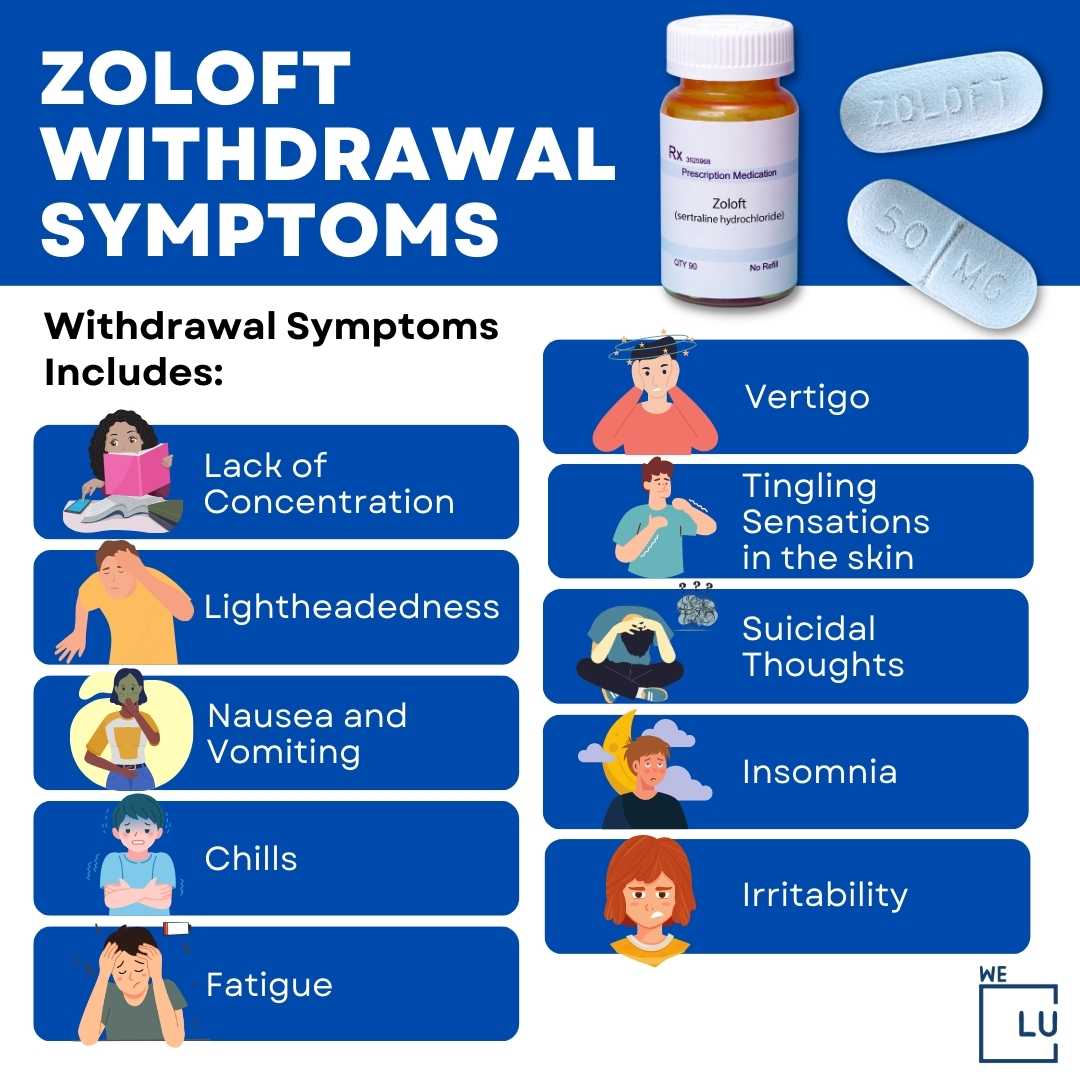
Zoloft Withdrawal Detox
About a fifth of people prescribed SSRI drugs like Zoloft experienced severe withdrawal symptoms when they attempted to wean themselves off it. Therefore, these Zoloft withdrawal symptoms signify that the body is physically dependent on the drug, making it painful to stop using it.
Common Withdrawal Symptoms during Zoloft Detox
- Anxiety
- Dizziness
- Concentration problems
- Fatigue
- Memory problems
- Mood swings
- Weight changes
- Headaches
- Fatigue
- Irritability
- Insomnia
- Flu-like symptoms
- Nausea
- Depression
During a Zoloft detox program, you will stay overnight at a treatment facility until you are physically and emotionally stable. A team of nurses, doctors, and addiction treatment experts will treat any uncomfortable symptoms of Zoloft withdrawal. Also, they have to approach any psychological issues you may encounter.
In conclusion, completing Zoloft detox with professional assistance can decrease your risk of relapse, enhance your comfort, and prepare you to enter a rehab program if you intend to continue with your addiction treatment after detox.
World-class, Accredited, 5-Star Reviewed, Effective Addiction & Mental Health Programs. Complete Behavioral Health Inpatient Rehab, Detox plus Co-occuring Disorders Therapy.
CALL (877) 378-4154End the Addiction Pain. End the Emotional Rollercoaster. Get Your Life Back. Start Drug, Alcohol & Dual Diagnosis Mental Health Treatment Now. Get Free No-obligation Guidance by Substance Abuse Specialists Who Understand Addiction & Mental Health Recovery & Know How to Help.
Get Help Weaning Off Zoloft & Zoloft Detox
Since sertraline and other antidepressants are frequently prescribed, thousands of people have either been in your position or are doing so. In dealing with this withdrawal, you are not alone.
There are numerous specialized detox programs for Zoloft available. Find local support groups by asking your doctor. Additionally, you can call several helplines open 24/7 and ready to assist you anytime.
Top FAQs On Zoloft Detox & Side Effects
-
What are Abilify and Zoloft combination side effects?
Use of Zoloft (Sertraline) & Abilify (aripiprazole) together may risk and or affect side effects such as drowsiness, seizure, Parkinson-like symptoms, abnormal muscle movements, and low blood pressure. However, they are usually fine together.
-
What are Wellbutrin and Zoloft together side effects?
For the most part, the side effects of Zoloft and Wellbutrin are pretty similar. Dry mouth, constipation, headaches, insomnia, and nausea are shared side effects between the two.
-
What are Zoloft and birth control side effects?
Zoloft (sertraline) may be safely taken with birth control pills as there is no reported or listed interaction between the two. As long as you can tolerate taking your birth control pills and Zoloft (sertraline) together, there is no reason you cannot continue to take them simultaneously.
-
What are Zoloft side effects with alcohol?
The Food and Drug Administration (FDA) warns against drinking alcohol while taking Zoloft because the two can cause similar side effects and dangerous interactions. Moreover, alcohol can worsen the symptoms of depression, which may make any antidepressant less effective and increase the risk of suicidal behavior.
-
What are typical Zoloft side effects in women?
Common Zoloft side effects withdrawal in women can include digestive discomfort, motion sickness, diarrhea, appetite loss, loose stools, increased sweating, tremors, and sexual issues.
-
What are Zoloft side effects first week?
During the first week or two of taking Zoloft, nausea, headaches, fatigue, and constipation are typical side effects. Once your body adjusts to the medication, these side effects ought to disappear. Call your doctor or 911 if you experience any severe side effects or if your side effects persist after a few weeks.
-
What are typical Zoloft side effects in men?
Male sexual dysfunction, erectile dysfunction, decreased libido, ejaculation disorder, and failure to ejaculate were the most frequent adverse side effects of Zoloft in men.
-
What are the common Zoloft sexual side effects?
Notably, sexual side effects like decreased libido and trouble with orgasms are possible with Zoloft and other antidepressants. This withdrawal from Zoloft side effects frequently disappears a few weeks after starting the medication. Some people may experience side effects of Zoloft withdrawal as long as they take the medicine.
-
What are the long-term side effects of Zoloft?
Zoloft long-term side effects include gaining weight, experiencing sexual dysfunction, memory loss, and cognitive dysfunction.
-
How long until Zoloft’s side effects go away?
If you are wondering, “how long do Zoloft side effects last?,” the answer is as your body begins to process Zoloft, you might initially feel strange or off while taking it. Most people will no longer experience these Zoloft withdrawal side effects after a week or two as their bodies adjust to the medication.
How to find Proper Zoloft Detox Treatment Programs
One of the best ways to find a Zoloft detox treatment is to talk to your doctor. Your doctor may recommend a detox program tailored to your needs and conditions. Many detox programs provide medical supervision, medications to ease withdrawal symptoms, and counseling and lifestyle guidance to help you manage your symptoms.
Other important considerations when looking for a Zoloft detox treatment include assessing any underlying mental health conditions, as well as any potential dietary restrictions or other issues. A comprehensive assessment by a doctor or mental health professional can help identify any underlying causes of the Zoloft addiction. A Zoloft detox facility should also be able to assist in finding long-term solutions, such as therapy programs for underlying mental health conditions, behavioral changes, and lifestyle counseling to help you manage any possible Zoloft withdrawal symptoms.
Holistic Treatment & Zoloft Detox
If you’ve never been to drug rehab, there are a few things you can anticipate. Firstly, during recovery, clients attend educational lectures about the illness of addiction, work the 12 steps (or similar recovery program), learn and execute relapse prevention strategies, and attend group and individual counseling. Then, gain fundamental life skills while adhering to a structured daily schedule.
Above all, drug and alcohol rehab is intended to assist clients in getting down to the root causes of their addiction and learning how to maintain a lifestyle of sobriety on their own.

If you or a loved one is struggling with Zoloft addiction, don’t hesitate to ask for help. So many other people have been in your place and are ready to help and support you as you seek a life of sobriety and ongoing recovery.
If you’re searching for Zoloft detox NJ and nationwide Zoloft addiction treatment, call We Level Up New Jersey today to learn more about our residential drug rehab program. Our caring and knowledgeable admissions team is ready to take your call.
Experience Transformative Recovery at the We Level Up Treatment Center.
See our authentic success stories. Get inspired. Get the help you deserve.



Start a New Life
Begin with a free call to an addiction & behavioral health treatment advisor. Learn more about our dual-diagnosis programs. The We Level Up treatment center network delivers various recovery programs at each treatment facility. Call to learn more.
- Personalized Care
- Caring Accountable Staff
- World-class Amenities
- Licensed & Accredited
- Renowned w/ 5-Star Reviews
We’ll Call You
Search We Level Up NJ Zoloft Detox Treatment Resources
Sources
[1-2] Sertraline – National Center for Biotechnology Information, U.S. National Library of Medicine
U.S. National Library of Medicine. “Zoloft.” April 14, 2020. Accessed June 30, 2020.
Tanzi, Maria G. “Stopping antidepressants: Clinical considerations.” Pharmacy Today, May 2016. Accessed June 30, 2020.
Antidepressants. (2020).
https://www.mind.org.uk/information-support/drugs-and-treatments/antidepressants/comparing-antidepressants/
Bhat, V., et al. (2017). Recognition and management of antidepressant discontinuation syndrome.
https://www.ncbi.nlm.nih.gov/pmc/articles/PMC5487275/
Burn, W., et al. (n.d.). Stopping antidepressants.
https://www.rcpsych.ac.uk/docs/default-source/mental-health/treatments-and-wellbeing/print-outs/stopping-antidepressant-printable.pdf?sfvrsn=2c9a63e0_2
Coming off psychiatric drugs: Making the decision to come off. (2016).
https://www.mind.org.uk/information-support/drugs-and-treatments/medication-stopping-or-coming-off/making-the-decision-to-come-off/
Coming off psychiatric drugs: Planning withdrawal. (2016).
https://www.mind.org.uk/information-support/drugs-and-treatments/medication-stopping-or-coming-off/planning-withdrawal/





